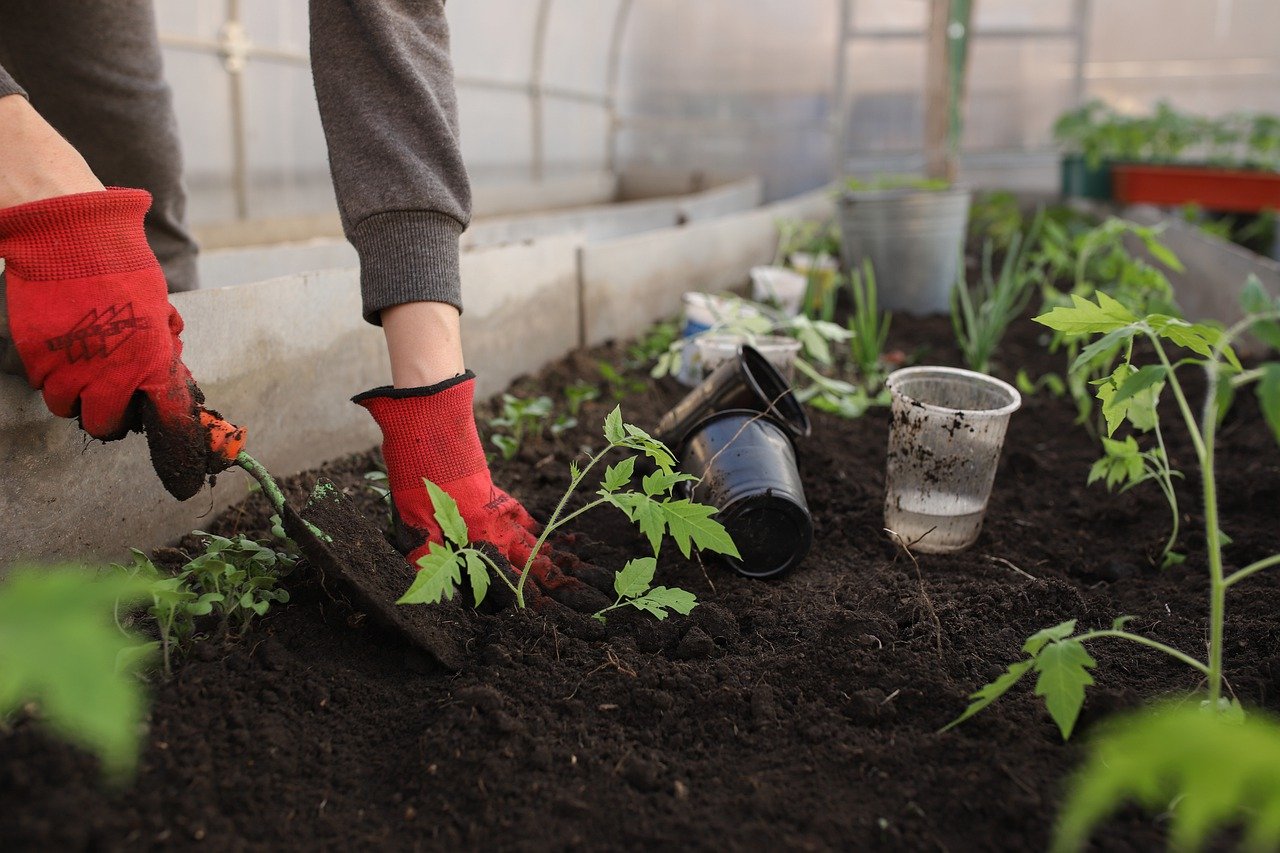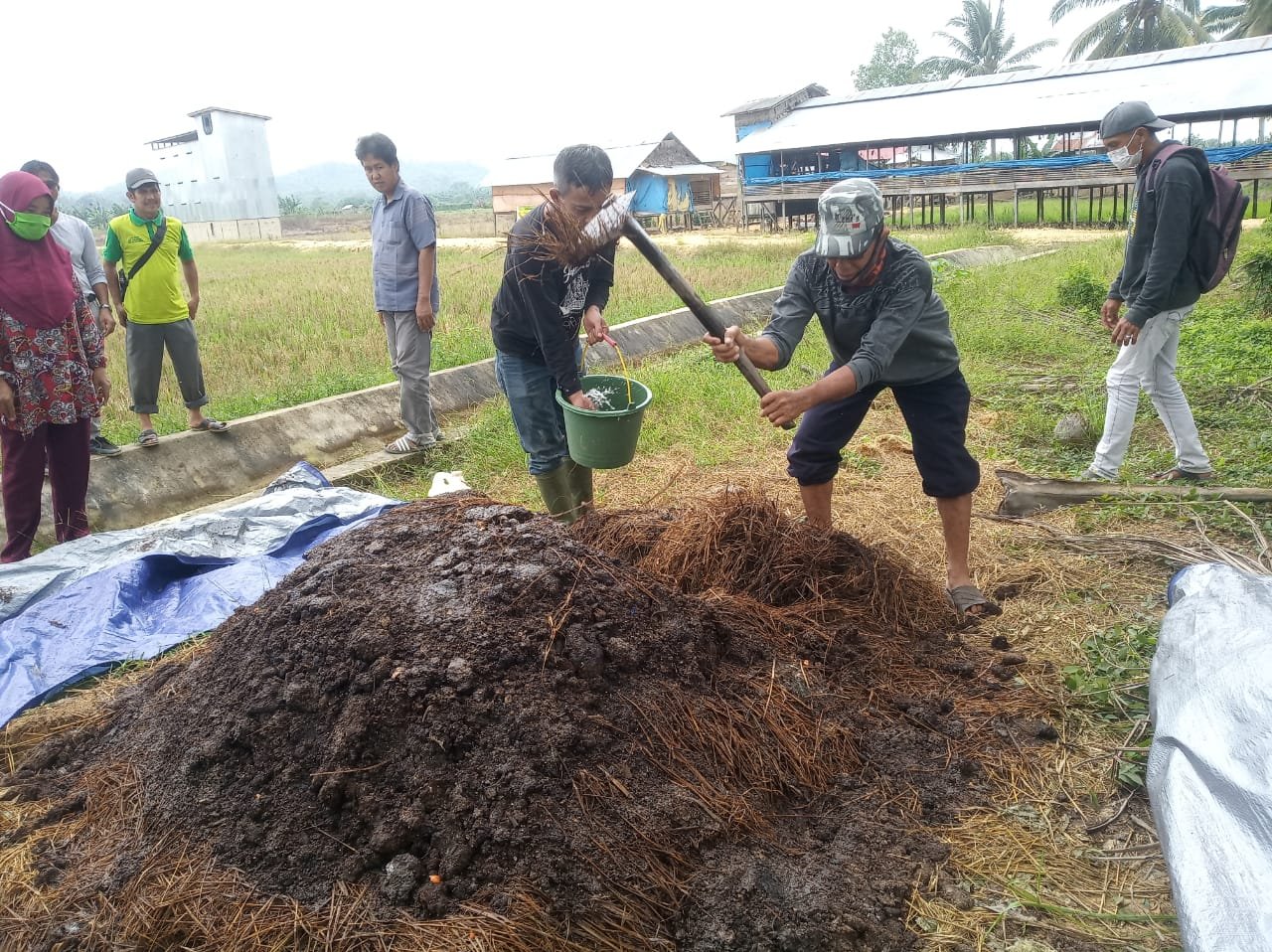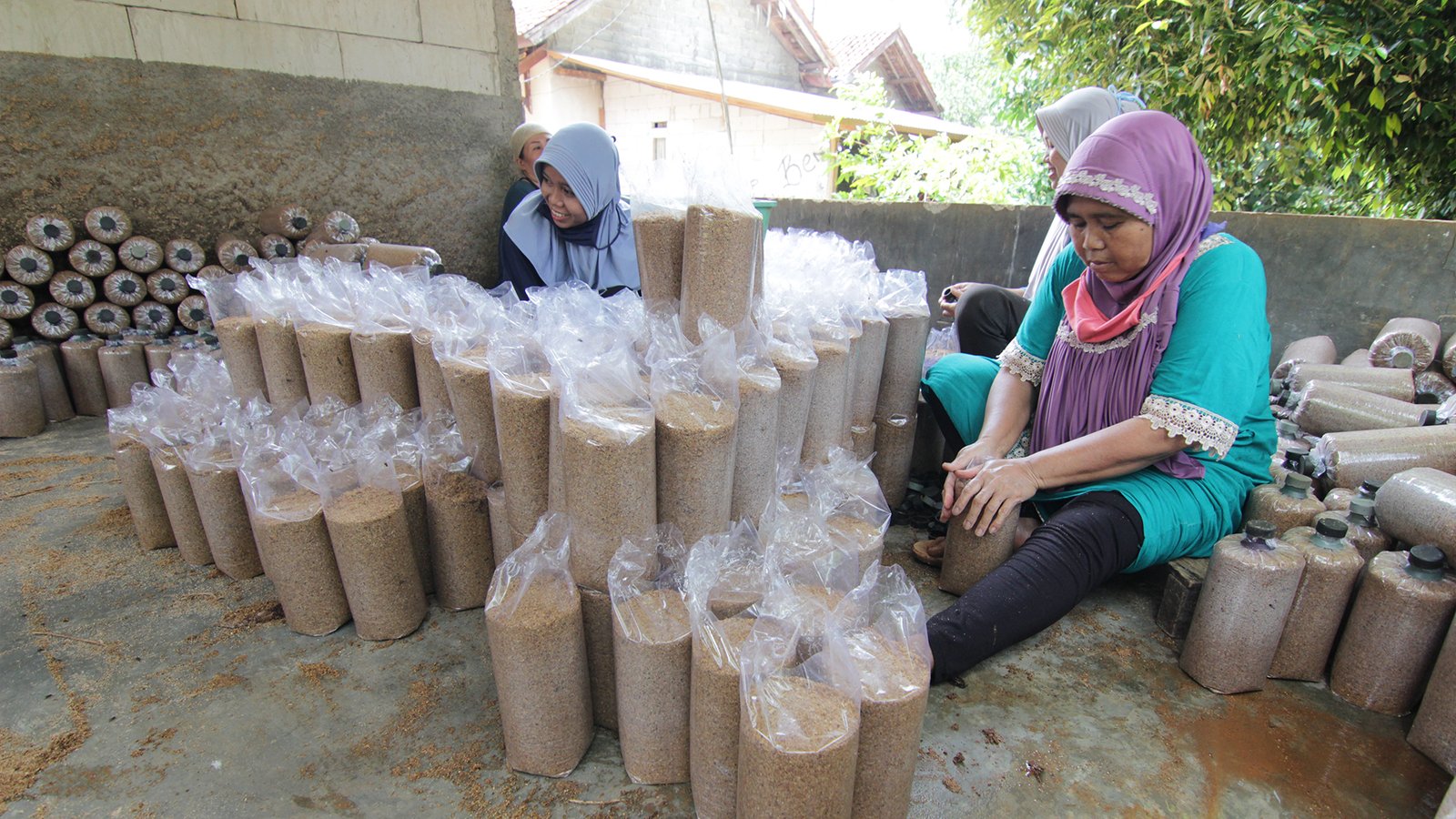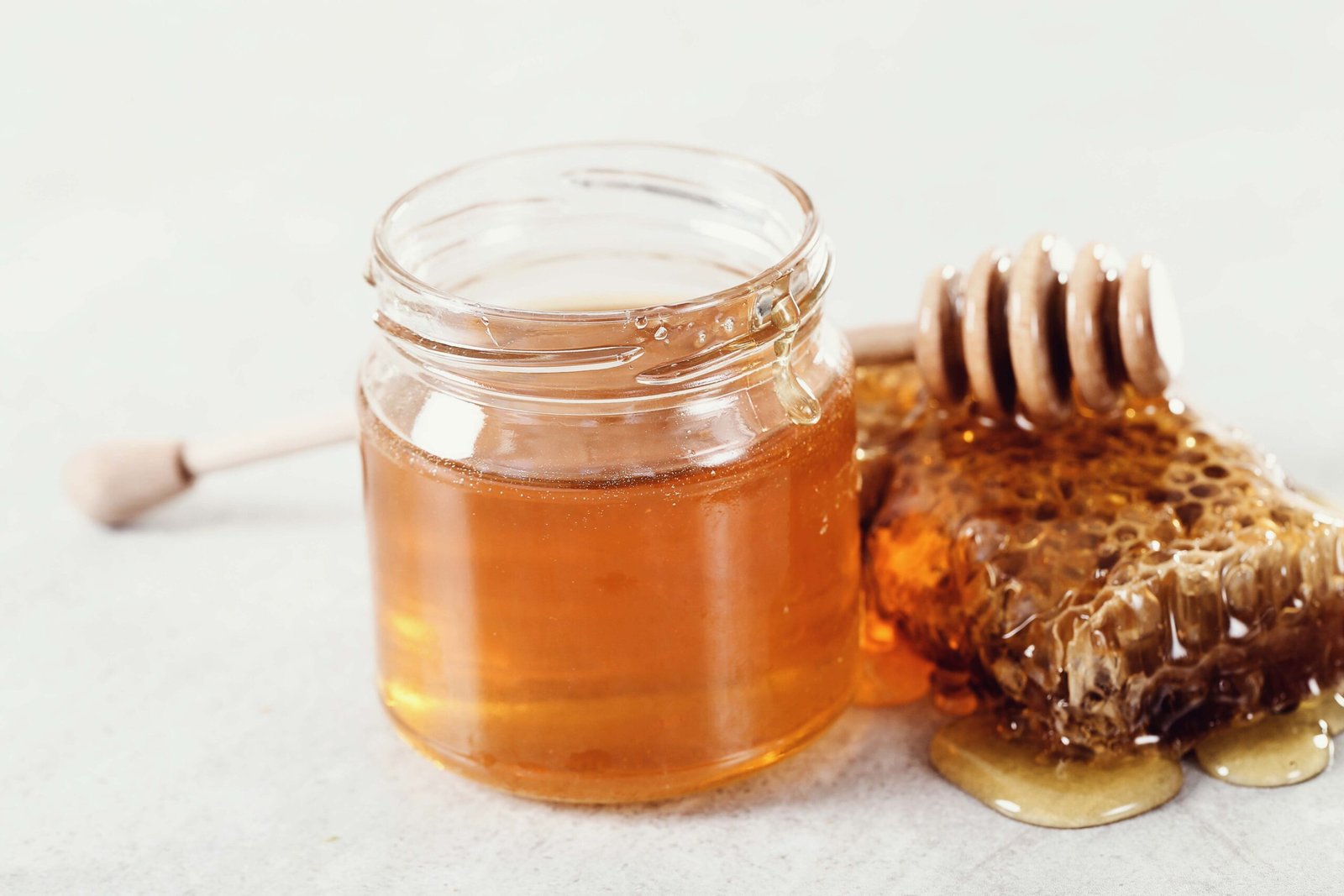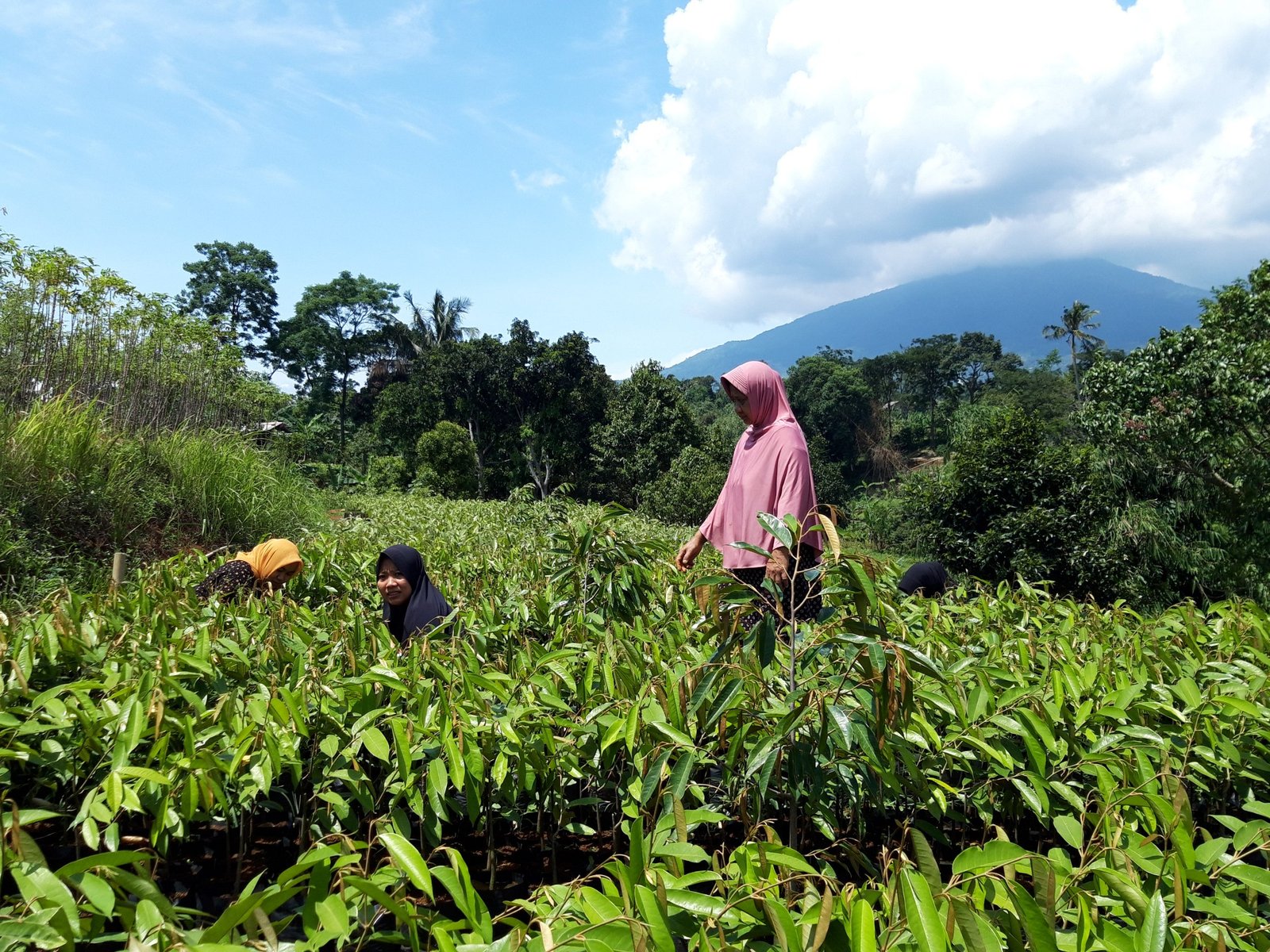Women’s empowerment is an important part of improving the family economy. Women’s empowerment also has a role in building the family economy, such as increasing family economic growth and employment so that it can increase community income and provide skills or expertise so that women become empowered.
One of them is shown by the Semar Mushroom women’s group, which cultivates oyster mushrooms in Cimenyan village, Sukadamai village, Jonggol, West Java. Yuyun, a housewife who is one of the group members, said she was grateful to be involved because she could provide additional income for her small family.
Oyster mushroom cultivation in Jonggol itself is one of the economic developments with the investment of baglogs and plasma Bina Swadaya Konsultan (BSK), which partners with Asep Mardi, a resident of Cimenyan village, in an integrated, inclusive empowerment program or Jonggol Pintar.

“The beginning was to invite women to farm mushrooms because the goal was to empower the community, especially the elderly. Meanwhile, mushroom cultivation is light, so it doesn’t require more energy. At that time, only four people continued to invite each other, “said Asep Mardi when he was the speaker of the Wisma Hijau Talk with the theme of Empowering Women Jonggol Mushroom Farmers some time ago.
On the same occasion, Yuyun also shared that she had only joined the group for about one year. Yuyun and other homemakers are responsible for packaging for baglog making, ring installation on baglok and harvesting mushrooms.
“For filling baglog in the morning after dawn, 5 to 6 o’clock, then go home first. Then the men’s part presses, later when it is finished, then the mothers’ part is again for ring installation, the rest can still be at home, “explained Yuyun.
In the process, Yuyun claimed to be able to make 1400 baglogs done by 12 people within 1 hour. Meanwhile, wages are paid at the end of production after all is completed.
“Previously, mothers only got income from their husbands. Now they can have their income for additional spending,” she said.
In addition to providing additional income, Yuyun also explained that her involvement made her closer to other mothers. In addition, the opportunity while working, Yuyun admits that it is used to market her by-products while working.
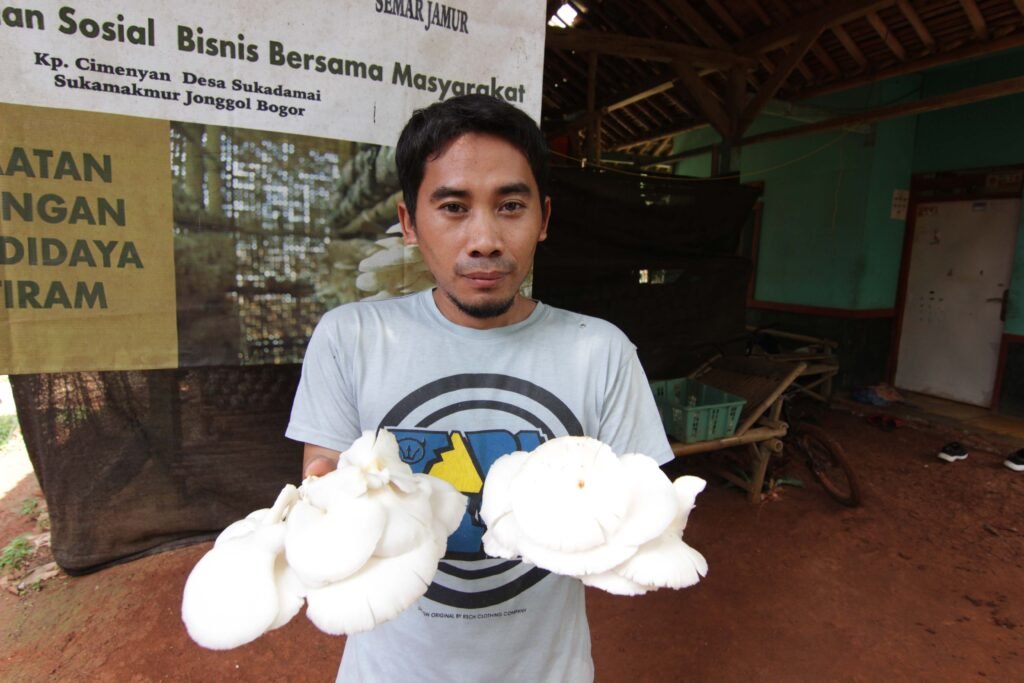
Asep revealed he was only seven years old and starting to pursue mushroom cultivation seriously. He admitted that he was interested in mushrooms because the price was quite good in the market.
“I had experienced failure. For example, the production of a thousand failed almost half. I failed because of the lack of knowledge and the traditional way of using sawdust for burning. The time also did not know from the seeds from sterilisation do not know because, yes, the information is not much. Now it has three beetles. One kumbung, there are 13,000 baglog,” explained Asep.
“The three beetles were filled at no time so that two people were enough and were produced, which required the involvement of many people,” continued Asep, who began to involve women or housewives in the production of mushroom cultivation.
Asep recognises the role of Bina Swadaya Konsultan (BSK) and also helped develop the mushroom cultivation he pursued. Previously, BSK had invested in plasma blandongan, which could enter a 3000-4000 baglog capacity, which it saw as an opportunity.
“So the residents in the house’s yard made shelves, continue to be given baglog which will later harvest I am accommodating mushrooms,” he said.
Currently, in total, in the Asep group, there are 30 mushroom cultivators. It is hoped that mushroom cultivation will be even greater to involve the community, especially in his village. According to him, mushroom cultivation activities can help kitchen needs that are clear to homemakers.
“In the future, hopefully, it will be even closer, build self-help enthusiasm to continue to foster us because we need information too, knowledge too, especially my village community is very helpful. Processing has not yet started. In the future, there will be crispy mushrooms. The high demand was for baby mushrooms packaging 250 grams. Later, mothers will do the work,” he said.

